

Comrades in Dreams(2006)
Four lives that could not be more different and a single passion that unites them: the unconditional love for their cinemas, somewhere at the end of the world. Comrades in Dreams brings together six cinema makers from North Korea, America, India and Africa and follows their efforts to make their audiences dream every night.
Movie: Comrades in Dreams
Top 4 Billed Cast
Anup Jagdale
Penny Tefertiller
Han Yong-Sil
Lassane Badiel

Leinwandfieber
HomePage
Overview
Four lives that could not be more different and a single passion that unites them: the unconditional love for their cinemas, somewhere at the end of the world. Comrades in Dreams brings together six cinema makers from North Korea, America, India and Africa and follows their efforts to make their audiences dream every night.
Release Date
2006-10-15
Average
7.2
Rating:
3.6 startsTagline
Genres
Languages:
EnglishFrançaisहिन्दी한국어/조선말Keywords
Recommendations Movies
Ultimate Driving Craft 3 - Eyes on main beam(en)
Chris has vast experience in driver training both as an advanced driving instructor and driving examiner. This is the third in the Ultimate Driving Craft series of high quality advanced driving DVDs which have received international acclaim having sold to 39 countries. Filmed with two HD professional movie cameras and professionally edited by Green Gecko Television Ltd who have also added some excellent animation to support Chris's teaching of driving skills. In this DVD Chris highlights a problem that affects all drivers. It is called the natural focal point and not the best way to drive. He explains what it is, why it happens and what we, as drivers, can do about preventing it.
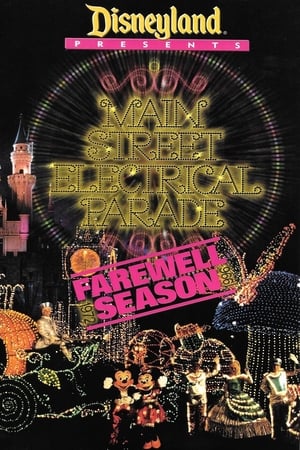 5.4
5.4Disney Presents: Main Street Electrical Parade - Farewell Season(en)
Catch the spark after dark at Disneyland Park. And say farewell to one of the Magic Kingdom's most celebrated traditions - The Main Street Electrical Parade. Where else, but in The Main Street Electrical Parade, could you see an illuminated 40-foot-long fire-breathing dragon? And hear the energy of its legendary melody one last time? It's unforgettable after-dark magic that will glow in your heart long after the last float has disappeared.
 6.9
6.9Ah Boys To Men 2(en)
After realising his foolishness in malingering, Ken returns to Tekong to continue his Basic Military Training, and reforms himself as a model recruit. However, this draws dislike and mockery from his section mates, led by the street-smart Lobang.
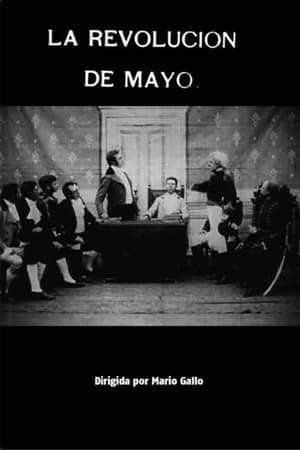 4.5
4.5The May Revolution(es)
La Revolución de Mayo (in English: May Revolution) is an Argentine silent movie premiered in 1909. As the name denotes, it is focused on the events of the May Revolution. It was directed by Mario Gallo, and it was the first Argentine film with a plot.
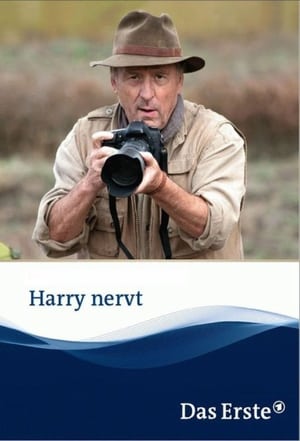 6.1
6.1Harry nervt(de)
Because photographer Harry Wegener loves animals and nature, he travels a lot and therefore has little time for his family. His wife Katharina has already filed for divorce, but has so far neglected to sign the papers, and he has also made a mess of things with his older daughter Julia. Only his sweetheart Fritzi still sticks by him. After suffering a heart attack, he is forced to return to Germany from Africa. He can't stay with Fritzi because her apartment is too small. So he has no choice but to turn up at his wife's...
Captain Nulle(lv)
Valdis Nulle is a young and ambitious captain of fishing ship 'Dzintars'. He has his views on fishing methods but the sea makes its own rules. Kolkhoz authorities are forced to include dubious characters in his crew, for example, former captain Bauze and silent alcoholic Juhans. The young captain lacks experience in working with so many fishermen on board. Unexpectedly, pretty engineer Sabīne is ordered to test a new construction fishing net on Nulle's ship and 'production conflict' between her and the captain arises...
Cinématon XXXVIII(fr)
Reel 38 of Gérard Courant’s on-going Cinematon series.
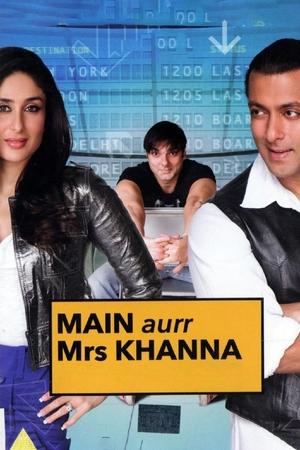 5.0
5.0Main Aurr Mrs Khanna(hi)
Three people, each having different aspirations from life, are caught in a tangle of emotions and don’t know the way out. There’s a husband and wife with love eroding from their life. And there’s a single, happy-go-lucky dude who falls in love with the wife.
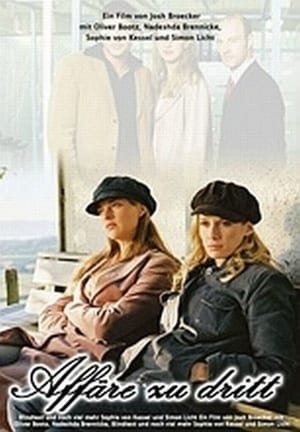 2.9
2.9Affäre zu dritt(de)
Katrin and Max are a couple. She examines police colleagues for her workability, he is a Kripo commissioner. When Hansen, the chief commissioner, is placed at his side, everything changes.
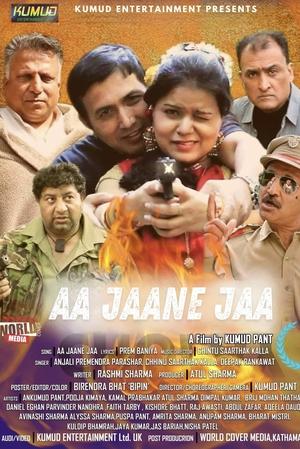 9.8
9.8Aa Jaane Jaa(hi)
Anupam embarks on an ambitious project to create a Bollywood music video for Aa Jaane Jaa. He casts the dashing Hrithik and the stunning Deepika as the lead models, with support from his other friends, including Ranjeet. During the shoot, Hrithik and Deepika's on-screen chemistry transforms into real love. However, their happiness is threatened by Amjad, who envies their bond and seeks to disrupt their lives. One day, the tension escalates in a jungle setting where Hrithik and Amjad face off in a fierce fight. With the unexpected help of Ranjeet, Hrithik emerges victorious, protecting his love and ensuring their bond remains unshaken. The music video ends with Hrithik and Deepika growing closer, reaffirming the message that true love never dies, no matter the challenges.
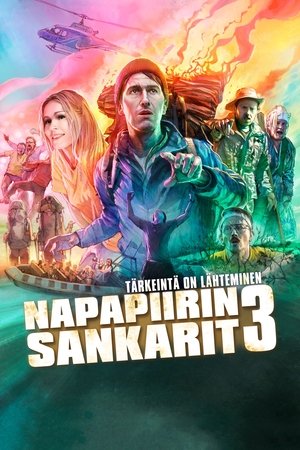 5.3
5.3Lapland Odyssey 3(fi)
In the third instalment of the franchise, Janne embarks on an epic hike, a journey of self-discovery. His dreams of a tranquil retreat into nature are quickly shattered however, when Räihänen and Kämäräinen both decide to come along for the trip. Meanwhile Janne’s spouse Inari gets the chance to go back to work, but only if she can prove she’s “management material” and a real leader. Inari enters the Swamp Soccer tournament, where to her horror she finds out her ex Little Mikko is also competing.
 10.0
10.0The Fright Before Christmas(en)
A family tries to have a nice Christmas Eve but is interrupted by a murderer on the loose.
 10.0
10.0The Solace Of Ruins(pt)
Madu seeks a mysterious woman who's missing but known to everyone. A storm approaches and creates the tense atmosphere where finding Her, is urgent. In this quest, the little girl finds a companion to help her on her fantastic journey.
Similar Movies
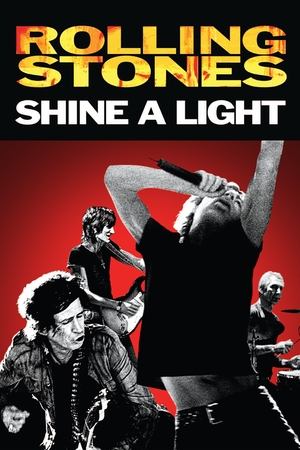 6.8
6.8Shine a Light(en)
Martin Scorsese and the Rolling Stones unite in "Shine A Light," a look at The Rolling Stones." Scorsese filmed the Stones over a two-day period at the intimate Beacon Theater in New York City in fall 2006. Cinematographers capture the raw energy of the legendary band.
 6.1
6.1The Case of Bruno Lüdke(de)
The incredible story of Bruno Lüdke (1908-44), the alleged worst mass murderer in German criminal history; or actually, a story of forged files and fake news that takes place during the darkest years of the Third Reich, when the principles of criminal justice, subjected to the yoke of a totalitarian system that is beginning to collapse, mean absolutely nothing.
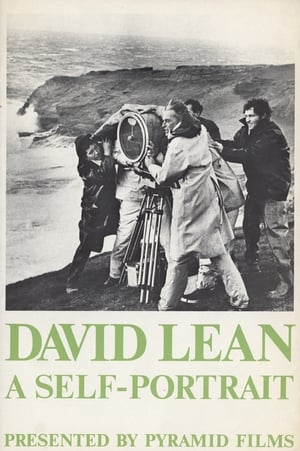 0.0
0.0David Lean: A Self Portrait(en)
A television documentary on the life and career of British film director David Lean. Scenes of Lean directing are intercut with personal interviews in which the director explains his methods, the beginnings of his career, and his relationships with actors and actresses.
 3.2
3.2Großes Kino made in DDR(de)
In 2016, DEFA celebrates its 70th anniversary: the film embarks on a journey into the exciting film history of the GDR. In a comprehensive kaleidoscope, the importance of DEFA productions is illuminated, the relevance of the films as propaganda productions for the GDR, which socio-political themes were in the foreground, but also which heroes DEFA brought to the screen and celebrated as people from the people.
 0.0
0.0The Simón's Jigsaw: A Trip to the Universe of Juan Piquer Simón(es)
A journey through the work of Spanish filmmaker Juan Piquer Simón (1935-2011).
James Bond Down River(en)
Promotional documentary filmed at the London East End Docklands area and River Thames for the filming of the opening boat chase for The World Is Not Enough (1999).
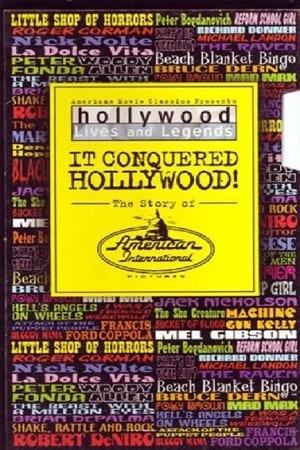 6.8
6.8It Conquered Hollywood! The Story of American International Pictures(en)
A 60-minute salute to American International Pictures. Entertainment lawyer Samuel Z. Arkoff founded AIP (then called American Releasing Corporation) on a $3000 loan in 1954 with his partner, James H. Nicholson, a former West Coast exhibitor and distributor. The company made its mark by targeting teenagers with quickly produced films that exploited subjects mainstream films were reluctant to tackle.
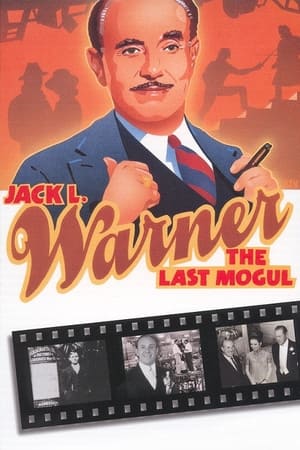 5.0
5.0Jack L. Warner: The Last Mogul(en)
An insider's account of Jack Warner, a founding father of the American film industry. This feature length documentary provides the rags to riches story of the man whose studio - Warner Bros - created many of Hollywood's most classic films. Includes extensive interviews with family members and friends, film clips, rare home movies and unique location footage.
 6.4
6.4Hitler's Hollywood(de)
Film journalist and critic Rüdiger Suchsland examines German cinema from 1933, when the Nazis came into power, until 1945, when the Third Reich collapsed. (A sequel to From Caligari to Hitler, 2015.)
 7.0
7.0Lenin kam nur bis Lüdenscheid - Meine kleine deutsche Revolution(de)
The free, almost naive view from the perspective of a child puts the "68ers" in a new, illuminating light in the anniversary year 2008. The film is a provocative reckoning with the ideological upbringing that seemed so progressive and yet was suffocated by the children's desire to finally grow up. With an ironic eye and a feuilletonistic style, author Richard David Precht and Cologne documentary film director André Schäfer trace a childhood in the West German provinces - and place the major events of those years in completely different, smaller and very private contexts.
 8.0
8.0Die Zeit meines Lebens - Dirty Dancing in Ost und West(de)
In 1987, a small film distributor from Frankfurt/Main brings the film "Dirty Dancing" to West German cinemas against all negative odds. The film becomes the hit of the year, in complete contrast to France, where foreign films have a hard time against the local film landscape.
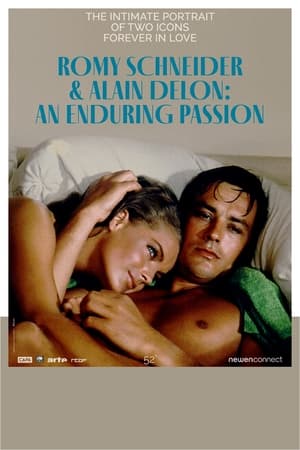 7.2
7.2Romy Schneider & Alain Delon: An Enduring Passion(fr)
Austrian actress Romy Schneider (1938) and French actor Alain Delon (1935), once fervent lovers in the early sixties, maintained a close friendship and a certain working relationship after their breakup until her death in 1984: a universal and eternal love.
 5.0
5.0Behind Natacha Rambova's Shadow(ca)
The adventurous life of Natacha Rambova (1897-1966), an American artist, born Winifred Kimball Shaughnessy, who reincarnated herself countless times: false Russian dancer, silent film actress, scenographer and costume designer, writer, spiritist, Egyptologist, indefatigable traveler, mysterious and curious; an amazing 20th century woman who created the myth of Rudolph Valentino.
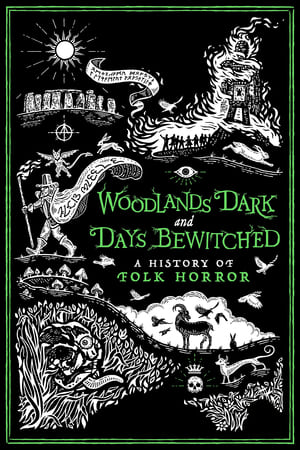 7.4
7.4Woodlands Dark and Days Bewitched: A History of Folk Horror(en)
An exploration of the cinematic history of the folk horror, from its beginnings in the UK in the late sixties; through its proliferation on British television in the seventies and its many manifestations, culturally specific, in other countries; to its resurgence in the last decade.
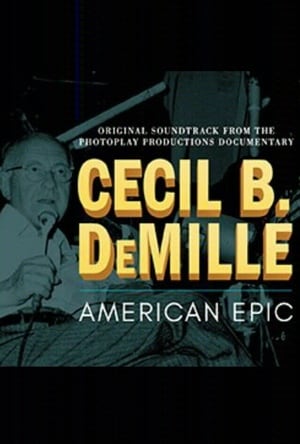 6.0
6.0Cecil B. DeMille: American Epic(en)
Documentary about the legendary American film director from his introduction to the film industry in its early years to his death in 1959.
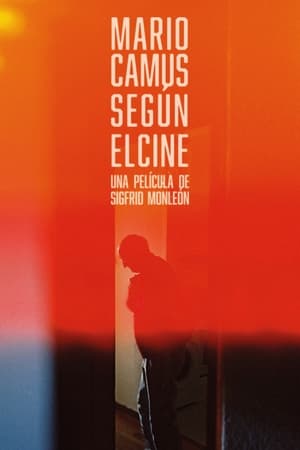 0.0
0.0Mario Camus según el cine(es)
A look at the life and work of Spanish filmmaker Mario Camus (1935-2021).
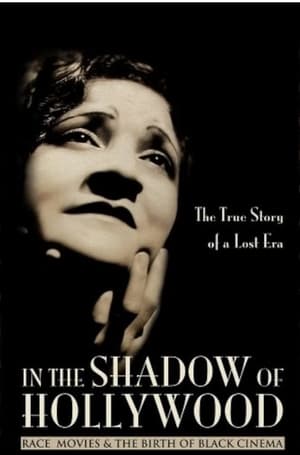 6.5
6.5In the Shadow of Hollywood: Race Movies and the Birth of Black Cinema(en)
This documentary captures the sounds and images of a nearly forgotten era in film history when African American filmmakers and studios created “race movies” exclusively for black audiences. The best of these films attempted to counter the demeaning stereotypes of black Americans prevalent in the popular culture of the day. About 500 films were produced, yet only about 100 still exist. Filmmaking pioneers like Oscar Micheaux, the Noble brothers, and Spencer Williams, Jr. left a lasting influence on black filmmakers, and inspired generations of audiences who finally saw their own lives reflected on the silver screen.
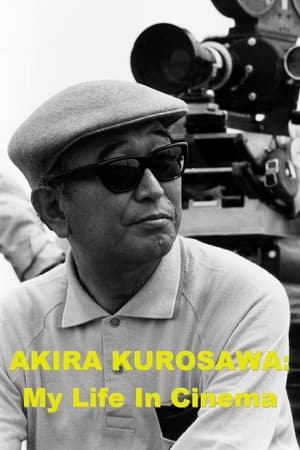 6.5
6.5Akira Kurosawa: My Life in Cinema(ja)
Nagisa Oshima interviews Akira Kurosawa, leading him to share his thoughts about filmmaking, his life and works, and numerous anecdotes relating to his films and his various film activities.


